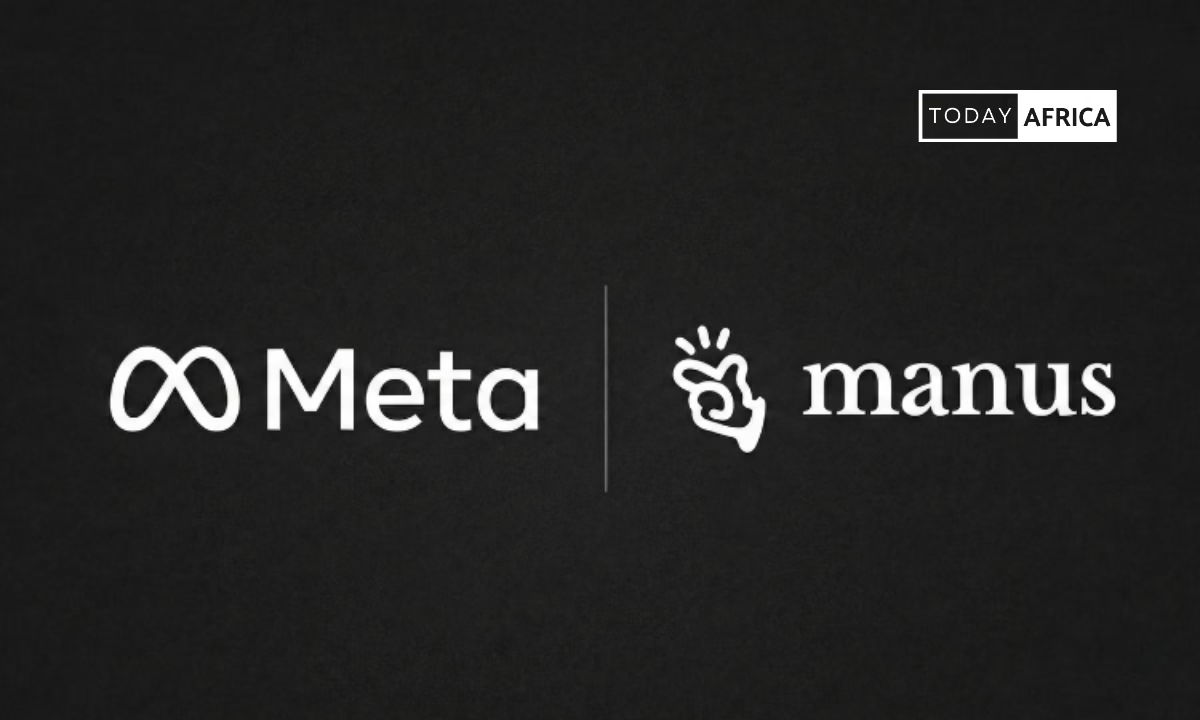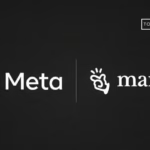Jetstream Africa, a four-year-old logistics company, aspires to be more than just a freight forwarder. In addition to its core business, the company aims to serve as a one-stop shop, offering elusive export loans to small exporters facing financial constraints in fulfilling international orders.
Miishe Addy, the CEO and co-founder, initially set out to assist small exporters and importers in Ghana with sending cargo abroad when the company started operations in 2019.
However, as they delved deeper into the logistics business in Africa, Addy and co-founder Solomon Torgbor, formerly of Maersk’s customs unit, realized the importance of becoming the financial partner for their customers.
Jetstream Africa’s approach involves providing cash advances, ranging from $17,000 to $100,000 in asset-backed loans, to support small exporters in completing orders amid the growing international demand for quality African products.
The company’s early hypothesis was centered around reducing costs by grouping cargo together, making it more affordable for small and medium-sized enterprises (SMEs) in Ghana to ship globally. However, despite successful customer retention, the topline for both Jetstream and its clients wasn’t showing significant growth.
Jetstream’s experimentation revealed a critical insight: reducing freight costs alone wasn’t sufficient. The lack of liquidity among customers to buy and sell goods proved to be a significant barrier. Miishe Addy emphasized “It doesn’t matter how much you discount freight. If customers do not have enough liquidity to buy and sell goods, the discount is irrelevant.”
A unique challenge faced by African exporters is the need to take on more risks due to unfavorable payment terms. With goods often sold before payment is received, and payments required upfront for purchases, trust between parties becomes crucial, especially when dealing with unfamiliar international partners.
African banks’ hesitance to offer loans to SMEs compounds the problem, as the typical SME customer in Africa has fewer assets than banks typically accept as collateral.
Trade finance, a vital aspect of global trade, faces a widening gap in Africa. Estimates from the African Development Bank in 2019 suggested an $81.8 billion gap, which analysts now believe may have grown to $120 billion annually.
Jetstream Africa’s innovative model aims to consolidate various layers of the export/import process under one umbrella. The company, which started in Ghana by acquiring a license for customs formalities and coordination with shipping carriers, is expanding its services to Nigeria after acquiring a clearing and forwarding license.
While clearing and forwarding contribute a small portion of Jetstream’s revenue, the gross margins from this segment can be as high as 90%. For customers, utilizing Jetstream’s financial services means quicker payments, enabling them to take on more international orders.
Jetstream’s expansion into financing comes with added risk, but its unique position as both a freight forwarder and customs agent in multiple countries allows it to hedge those risks effectively. When the company provides loans, it retains full control over the inventory in leased warehouses and export documents.
In mid-2021, Jetstream launched a $1 million trade finance program after securing $3 million in seed funding. Reports suggest that the trade finance program has since grown to $9 million. With an additional $13 million in pre-series A funding disclosed in January 2023, Jetstream Africa aims to secure its first growth-stage financing in 2024.
Source: Techcabal
















